Posted on 7/31/2023
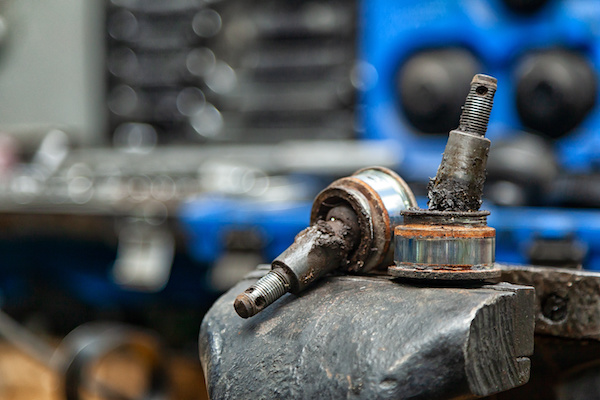
Your car's suspension is meant to give you a smooth and comfortable ride, even when the road is bumpy. It does so using ball joints in the suspension, which absorb the pressure. The ball joints undergo significant wear and tear, so they can lose lubrication or come loose, making your ride uncomfortable. The following are symptoms of a failing ball joint: Uneven Front Tire Wear A loose ball joint in the front suspension will cause one of the front wheels to fall out of alignment with the other. With time, it can lead to one tire experiencing more wear and tear than the other. You may notice more damage to the inside or outside of one tire, or patches of degradation in one tire over another. Other repercussions are one tire has less air pressure than the other. If one tire bursts while driving due to the damage, the consequences can be devastating. The solution is to replace the ball joints immediately. Brutal Cabin Vibrations Ball joints contribute to a comfortable feeling in ... read more
Posted on 6/30/2023
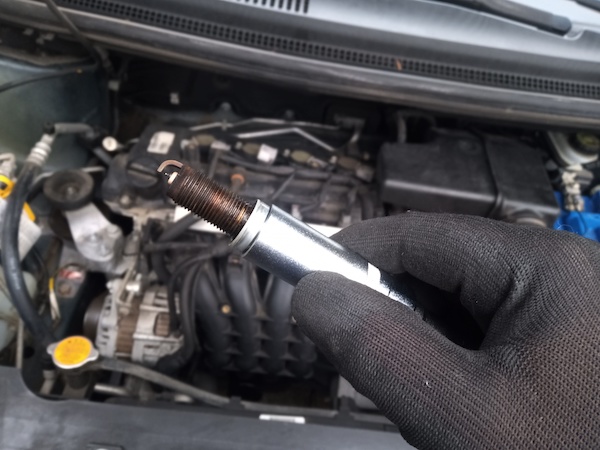
Are you an automobile enthusiast, an ordinary car owner, or a vehicle technician? The chances are high that you have worked on a vehicle and encountered an engine misfire. But if you haven't, don't worry. Engine misfires can be a real pain. But the more you know about this problem, the faster you will solve it. Therefore, here are the common causes of engine misfires. But first things first! What is an engine misfire? What is an Engine Misfire? An engine misfire is also sometimes referred to as a cylinder misfire. It occurs primarily when a cylinder stops producing power. In other words, an engine misfire happens when the spark plug, the oxygen, or the fuel fails to work at the right time or order. What Causes Engine Misfiring to Happen As mentioned above, the following three things are the most common reasons behind engine misfiring; Fuel A misfire can go off in your vehicle's engine if the fuel system suffers some failure. For example, a faulty fuel filter or a ma ... read more
Posted on 5/31/2023
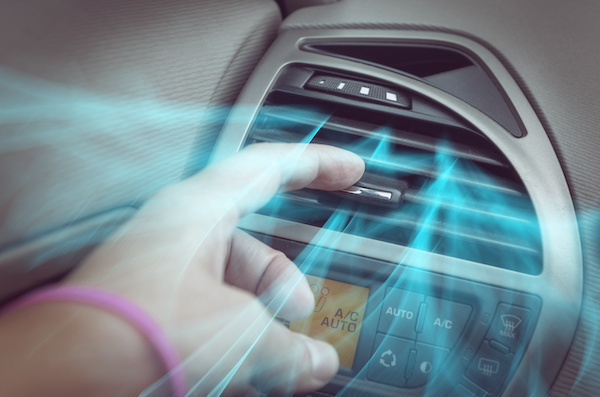
On a scorching summer day, most drivers hope to be welcomed by the refreshing blast of cool air from their car's air conditioning system. A/C is a true relief from the sweltering heat outside. But what happens when your A/C suddenly stops working, leaving you in a hot and uncomfortable environment? To prevent such situations and ensure your comfort, you should always take precautions and necessary care regarding your vehicle's air conditioning system. Here are some of our top tips for maintaining your A/C system and keeping it in optimal condition. Tip #1: Regular Inspection and Cleaning Regular checks are vital to identify any potential issues with your air conditioning system. Our team can inspect the system for leaks, loose connections, or damaged components. Additionally, you will need to clean the external condenser fins regularly to remove dirt, debris, and leaves that can restrict airflow. This simple maintenance step can significantly enhance the performance of ... read more
Posted on 4/28/2023
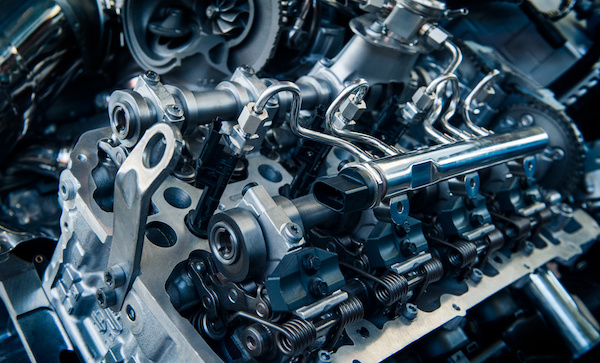
Attention all car owners! Did you know that carbon buildup in your engine can cause serious damage to your vehicle? Over time, carbon can accumulate on engine components and create blockages, leading to reduced performance and even engine failure. To avoid this nuisance, please don't forget to keep your engine as clean as possible. Carbon buildup occurs when unburned fuel, oil, and other contaminants collect on the engine's internal components, such as valves, pistons, and spark plugs. The carbon buildup can create blockages that impede airflow and cause engine components to work harder than necessary, reducing fuel efficiency and overall power. If left untreated, carbon buildup can cause major damage to your engine, and no one wants to be dealt with costly repairs. A professional engine cleaning service can remove carbon buildup and help restore your engine's performance. A typical engine cleaning service may include a combination of the following: Fuel system cleaning ... read more
Posted on 3/31/2023
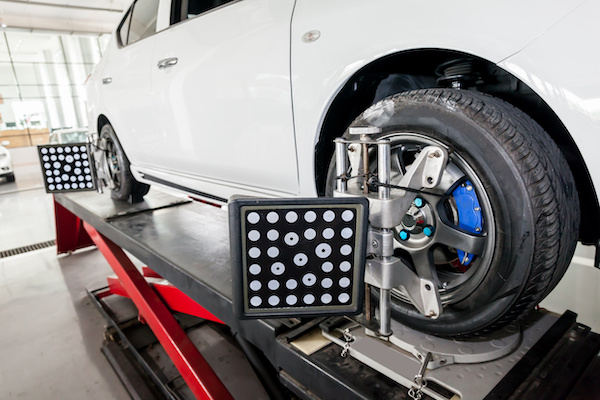
You cannot skip wheel alignments as it is an essential part of regular maintenance. When discussing the topic of wheel alignment, it refers to the adjustment of the angles of your wheels to ensure they are perpendicular to the road and parallel to each other. Proper wheel alignment improves handling, increases fuel efficiency, and extends the life of your tires. When it comes to wheel alignment, there are two types: two-wheel alignment and four-wheel alignment. Two-Wheel Alignment As the name suggests, two-wheel alignment only addresses the front wheels of your car. The technician adjusts the camber, caster, and toe-in on the front wheels. This type of alignment is typically recommended for vehicles with a solid rear axle that cannot be adjusted. Four-Wheel Alignment Four-wheel alignment, also known as all-wheel alignment, involves adjusting all four wheels of your car. In addition to the camber, caster, an ... read more